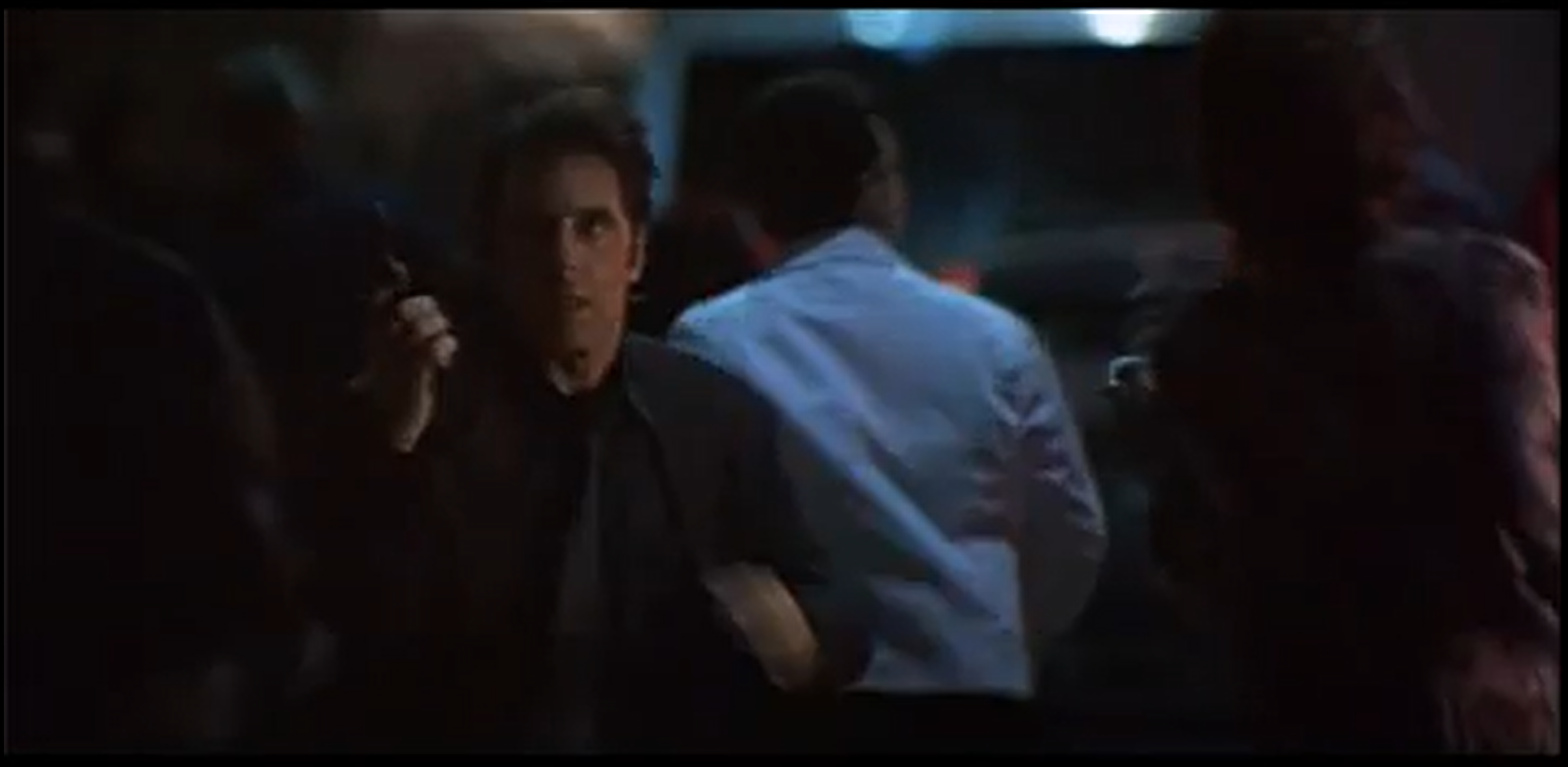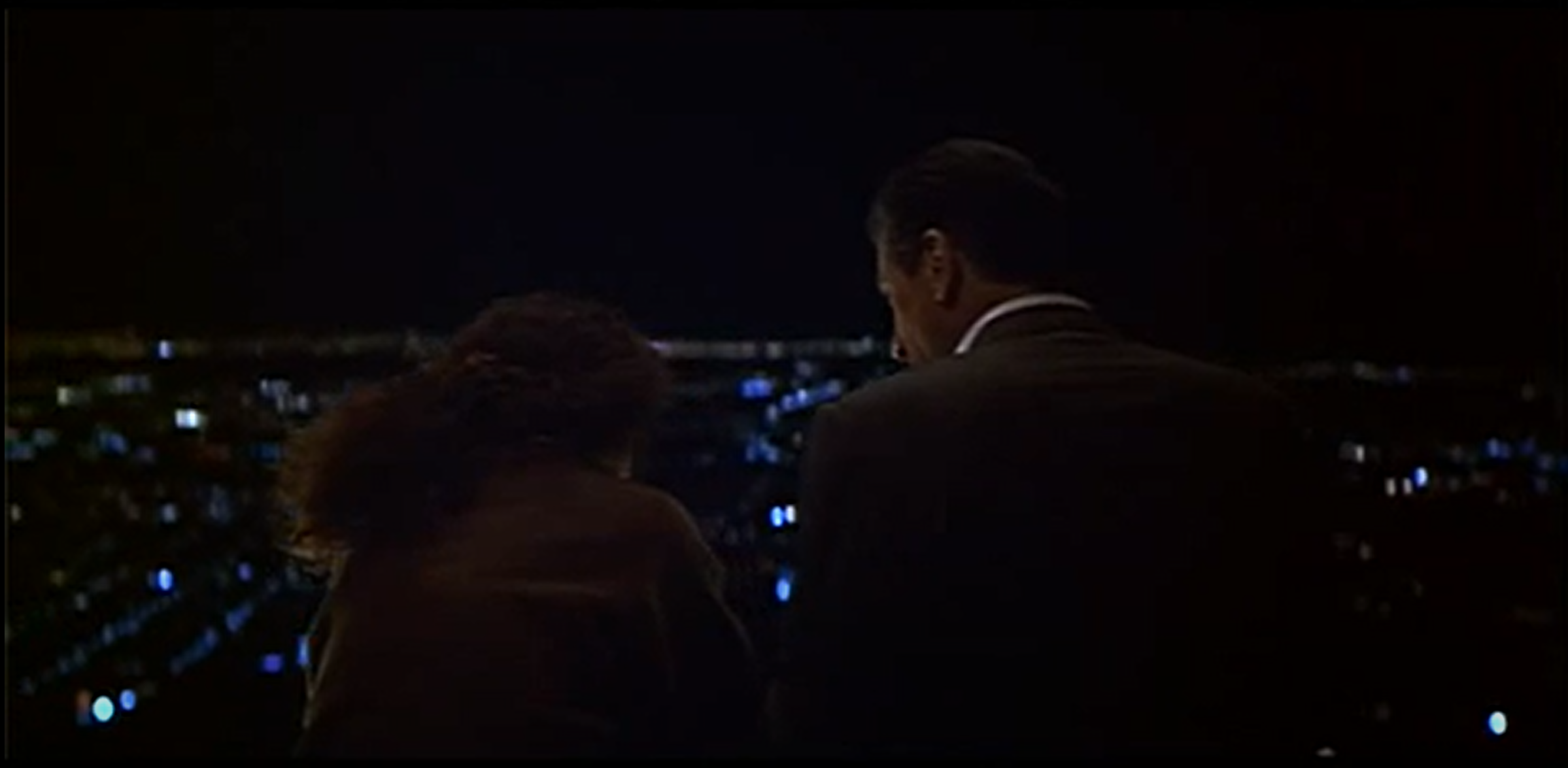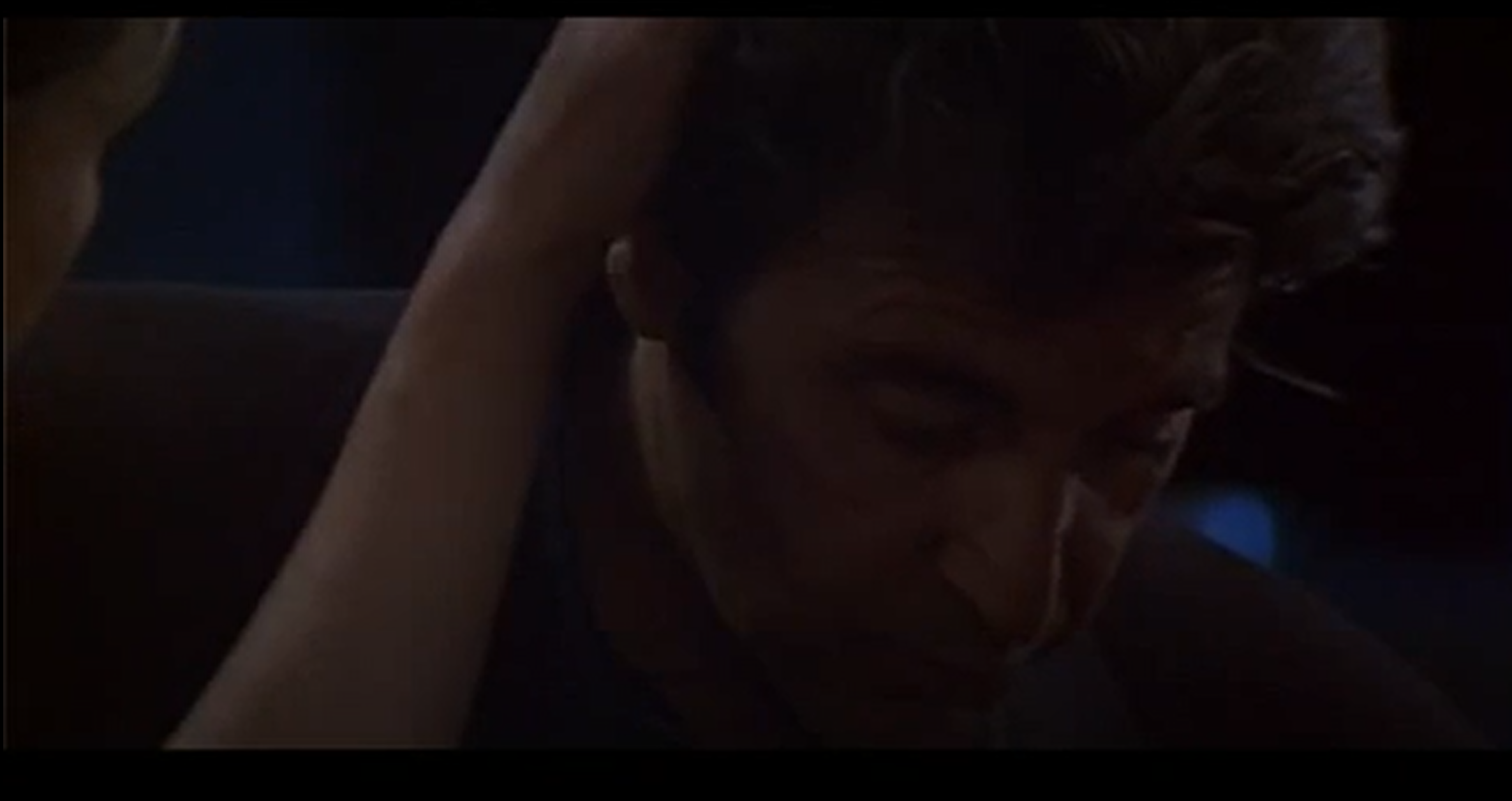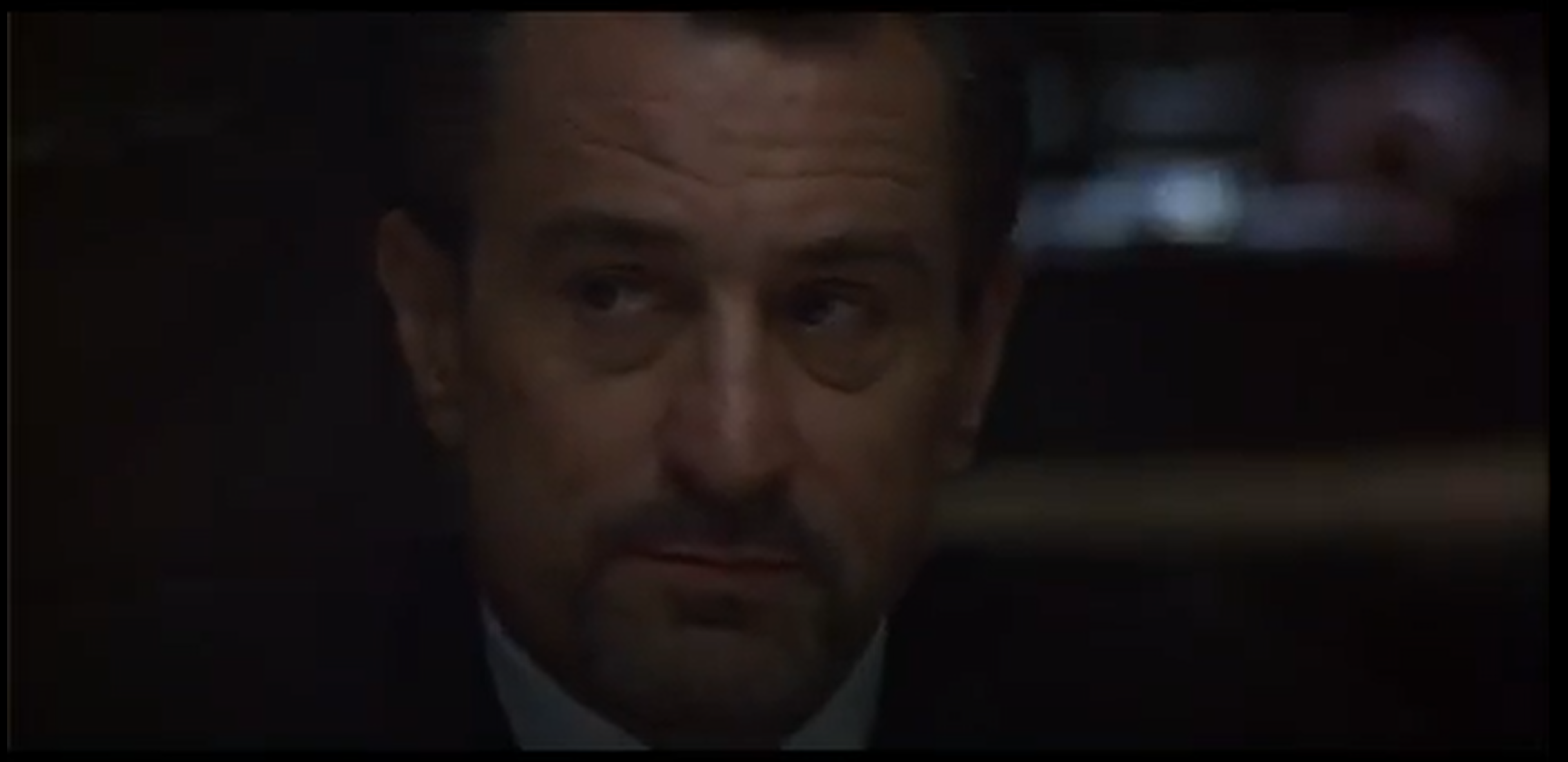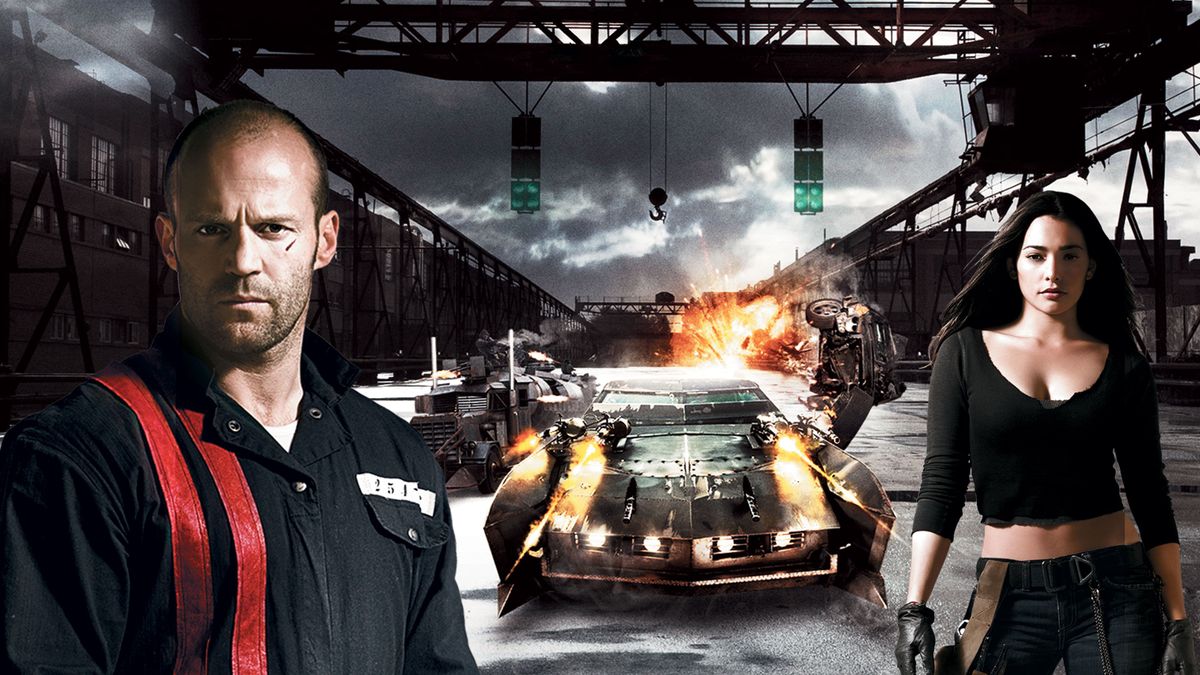Trailer:

The story revolves around two central characters: Vincent Hanna (Al Pacino), a dedicated and relentless LAPD detective, and Neil McCauley (Robert De Niro), a highly skilled and disciplined career criminal. The film begins with an expertly executed armored truck heist orchestrated by McCauley and his crew, setting the stage for an intense cat-and-mouse game between him and Hanna.
One of the most striking aspects of “Heat” is its character development. Both Hanna and McCauley are portrayed not just as antagonists, but as complex individuals with their own moral codes and personal struggles. Hanna’s obsession with his job takes a toll on his personal life, leading to a strained marriage. McCauley, on the other hand, lives by a strict code of detachment, avoiding emotional ties to ensure he can walk away from any situation at a moment’s notice. However, his growing affection for Eady (Amy Brenneman) complicates this philosophy.
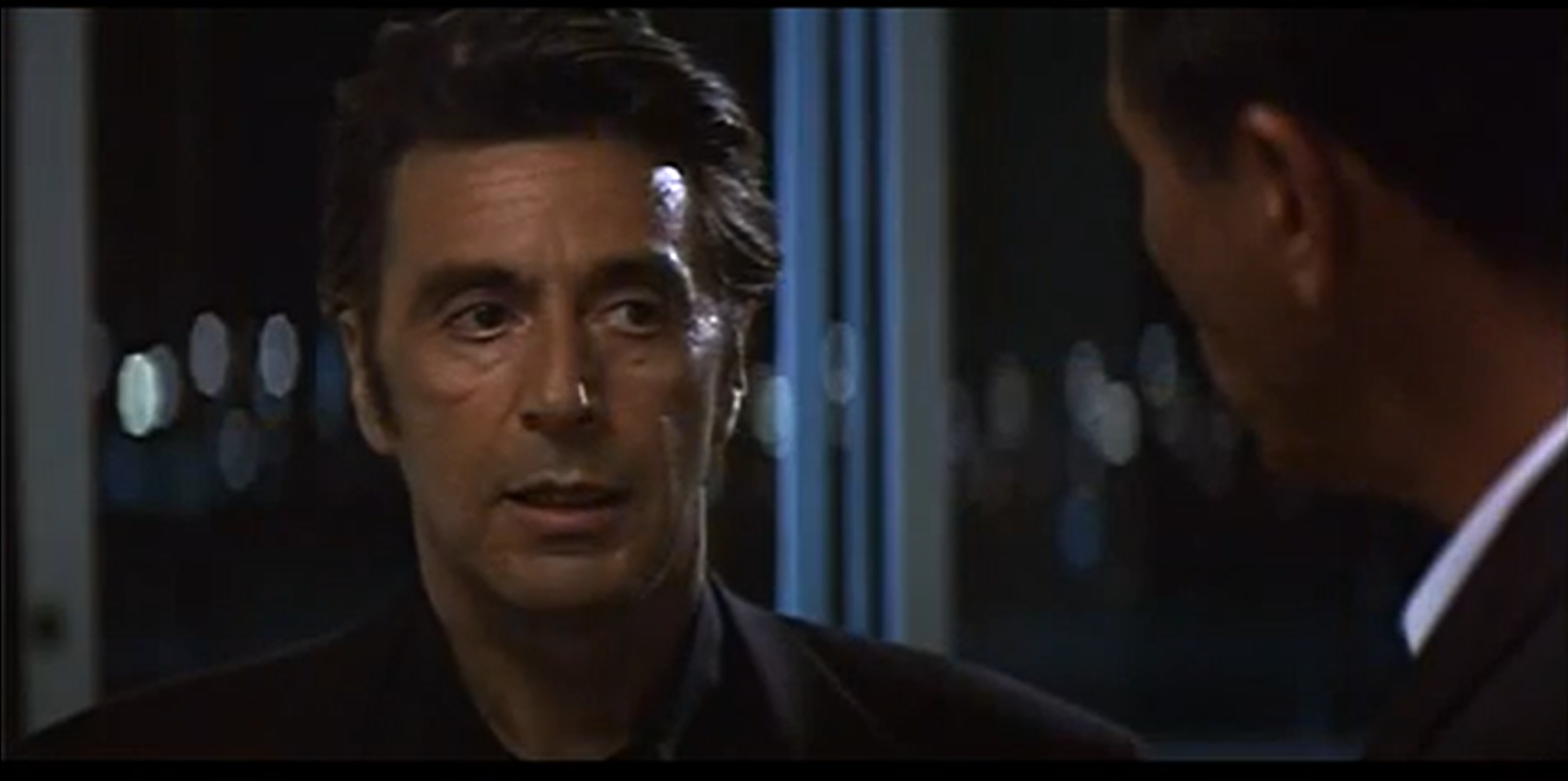
The film’s pacing is deliberate, allowing viewers to immerse themselves in the lives of the characters. Mann’s direction is meticulous, creating a gritty and realistic portrayal of Los Angeles. The city itself becomes a character, with its sprawling urban landscape serving as the backdrop for the unfolding drama.
One of the film’s most memorable scenes is the iconic face-off between Pacino and De Niro in a diner. This scene is a masterclass in acting, with both actors delivering powerful performances that convey the mutual respect and understanding between their characters, despite being on opposite sides of the law.

The action sequences in “Heat” are intense and realistic, particularly the downtown Los Angeles shootout, which is widely regarded as one of the greatest action scenes in film history. The sound design and choreography of this sequence create a visceral and immersive experience for the audience.
“Heat” is not just a crime drama; it is a deep exploration of the human condition. It raises questions about the nature of duty, the cost of obsession, and the fine line between right and wrong. The film’s conclusion is both inevitable and tragic, highlighting the futility of the characters’ pursuits and the cyclical nature of their lives.
In summary, “Heat” is a cinematic tour de force that combines stellar performances, expert direction, and a compelling narrative. It is a film that transcends the crime genre, offering a profound and thought-provoking examination of its characters and their world.
